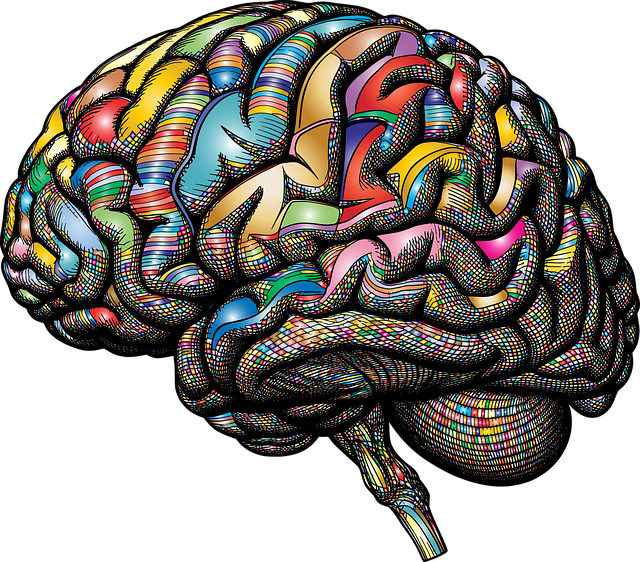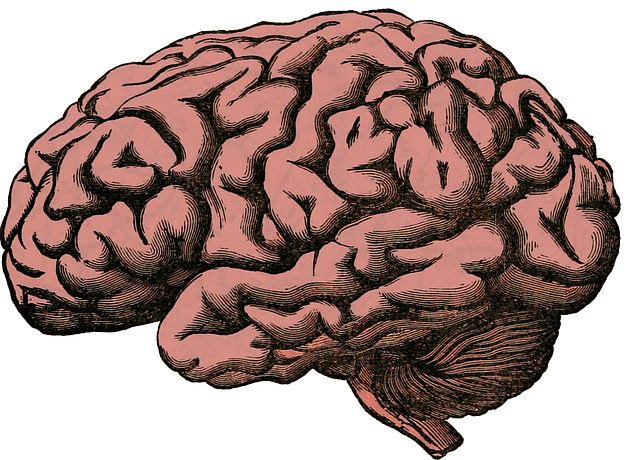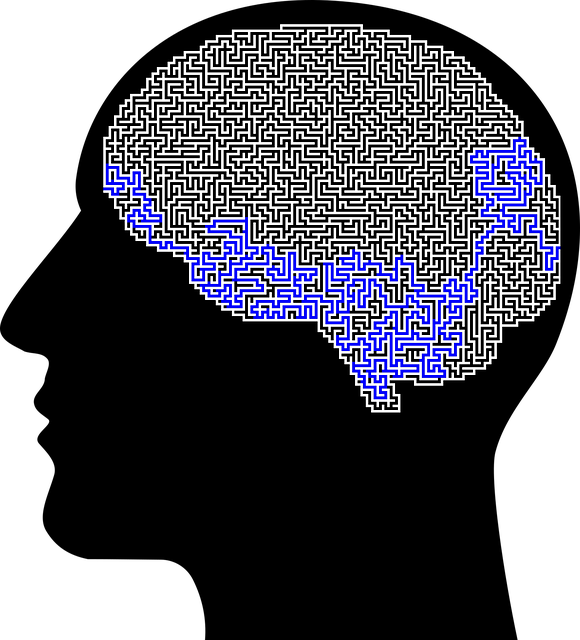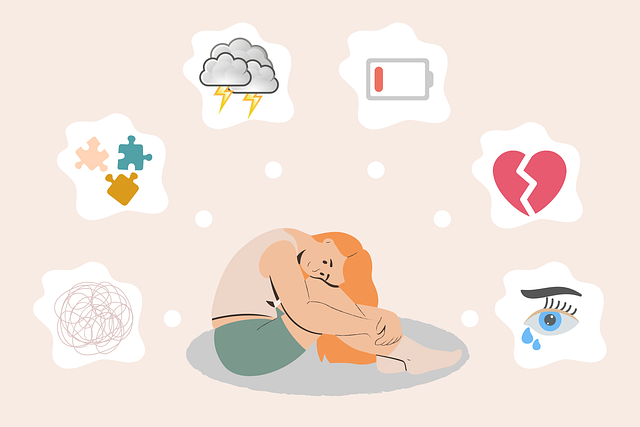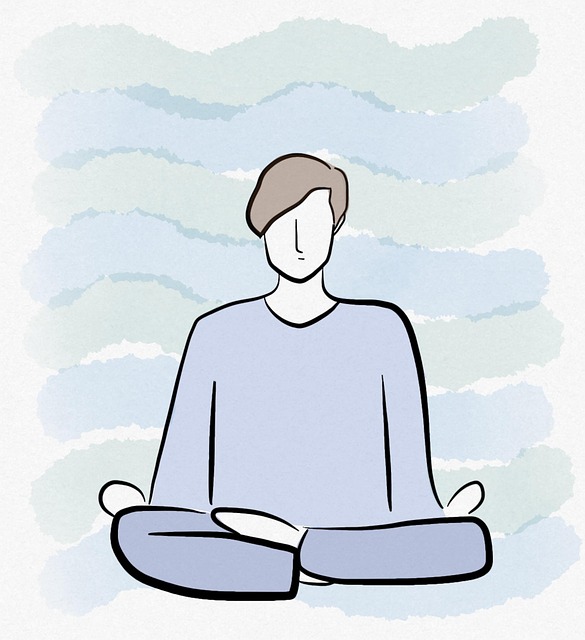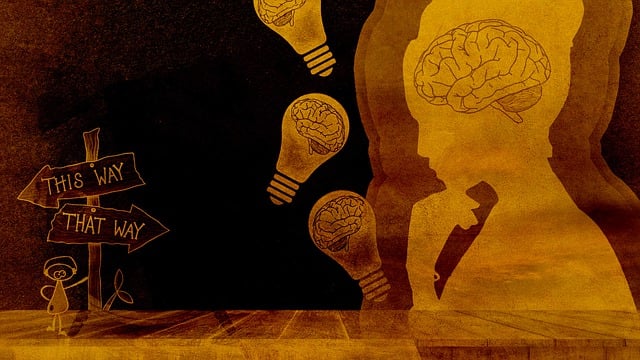Mental wellness journaling is a self-reflection tool that, through documenting thoughts and experiences, aids in understanding one's mental state, cultivating awareness, and identifying patterns—key components of Wheat Ridge Pain Management Therapy. Regular practice enhances emotional regulation, boosts self-esteem, and improves social interactions, complementing programs like Social Skills Training and Self-Esteem Improvement. Journaling provides a safe space for introspection, leading to personal transformations and healthier coping mechanisms, while normalizing conversations about mental health reduces stigma. Tailored with Wheat Ridge techniques, journaling supports trauma healing, builds emotional resilience, and fosters a comprehensive approach to mental wellness.
“Unwind your mind and embark on a journey of self-discovery through mental wellness journaling. This powerful practice, endorsed by Wheat Ridge Pain Management Therapy, allows you to capture and reflect upon your thoughts and emotions. In this comprehensive guide, we’ll explore the art of unlocking self-reflection with practical tips for setting up your journal, effective writing techniques, and insightful prompts. Discover how this simple yet profound exercise can enhance mental wellness, offering a sanctuary for processing life’s experiences, much like Wheat Ridge Pain Management Therapy does for physical well-being.”
- Understanding Mental Wellness Journaling: Unlocking Self-Reflection
- Setting the Stage: Preparing Your Journal for a Meaningful Journey
- Capturing Thoughts and Emotions: Effective Journaling Techniques
- Exploring Prompts and Questions to Guide Your Writing
- The Power of Reflection: Benefits and Next Steps with Wheat Ridge Pain Management Therapy
Understanding Mental Wellness Journaling: Unlocking Self-Reflection

Mental wellness journaling is a powerful tool for self-reflection and personal growth. It involves documenting thoughts, feelings, and experiences in a structured manner to gain insights into one’s mental state. This practice allows individuals to explore their emotions, identify patterns, and cultivate awareness—all essential components of Wheat Ridge Pain Management Therapy. By taking the time to reflect on daily life, journal entries can help uncover hidden fears, strengths, and areas for improvement, ultimately fostering a deeper understanding of oneself.
Through regular journaling, one can enhance emotional regulation skills, boost self-esteem, and improve social interactions—aspects often targeted in Social Skills Training and Self-Esteem Improvement programs. It encourages individuals to confront challenging situations, process them constructively, and develop healthier coping mechanisms. This process is vital for maintaining mental wellness and overall well-being, providing a safe space for introspection that can lead to profound personal transformations.
Setting the Stage: Preparing Your Journal for a Meaningful Journey

Starting a mental wellness journal is like setting sail on a journey of self-discovery and growth, one that can be immensely rewarding. Just as Wheat Ridge Pain Management Therapy provides specialized care for physical ailments, maintaining a dedicated space for your thoughts and emotions through journaling offers targeted support for your mental health. It’s a chance to explore the intricate landscape of your mind, where you can uncover hidden patterns, process challenging experiences, and cultivate a deeper understanding of yourself.
Prepare this sanctuary by choosing a journal that feels right—one that reflects your personal style and invites creativity. Consider using prompts or guided exercises if you’re new to journaling, as these can help you navigate uncharted territories of your mind. Embrace the Mind Over Matter principles by committing to consistent practice; regular entries will build momentum, fostering a sense of mental clarity and well-being. Remember, every word you write contributes to reducing the stigma surrounding mental illness by normalizing conversations about our inner lives.
Capturing Thoughts and Emotions: Effective Journaling Techniques

Journaling is a powerful tool for capturing thoughts and emotions, offering individuals a safe space to explore their inner world. When it comes to mental wellness, this practice allows one to gain profound insights into their feelings and experiences. For those engaged in Wheat Ridge Pain Management Therapy, journaling can be an excellent complement to their treatment plan. By jotting down daily occurrences, including intense emotions or physical sensations, individuals can identify patterns that contribute to pain management.
Effective journaling techniques involve writing freely without judgment, using prompts like “How did I feel today?” or “What brought me joy?”. This practice fosters self-awareness and encourages the development of inner strength. Compassion cultivation practices, such as reflecting on kindness towards oneself, can also be integrated into journaling, promoting a sense of well-being. Additionally, expressing gratitude through journaling has been linked to increased confidence and overall life satisfaction, providing an extra layer of support in the journey towards mental wellness alongside Wheat Ridge Pain Management Therapy.
Exploring Prompts and Questions to Guide Your Writing

Journaling is a powerful tool for self-reflection and emotional well-being promotion techniques. When engaging in this practice with mental wellness as your focus, exploring prompts and questions can significantly enhance its effectiveness. Start by delving into your current state of mind and emotions; consider what has been weighing heavily on your thoughts lately. Are there specific experiences or events that have triggered any feelings of stress, anxiety, or joy? This initial exploration helps establish a connection between your daily experiences and their impact on your mental health.
In the context of Wheat Ridge Pain Management Therapy, journaling can be tailored to incorporate strategies for managing pain and improving overall mental health. Include prompts like, “What activities help me relax and reduce stress?” or “How do I practice self-care when dealing with chronic pain?” These questions encourage you to discover personalized methods for trauma support services and emotional resilience. By consistently reflecting on these aspects through journaling, you can develop a healthier mindset and better cope with life’s challenges, all while benefiting from the comprehensive techniques offered by Wheat Ridge Pain Management Therapy and supporting your mental health policy analysis and advocacy efforts.
The Power of Reflection: Benefits and Next Steps with Wheat Ridge Pain Management Therapy

Journaling has long been recognized as a powerful tool for reflection and emotional healing processes. By dedicating time to record thoughts and experiences, individuals can gain profound insights into their mental wellness journey. Wheat Ridge Pain Management Therapy understands the transformative potential of this practice, encouraging clients to embrace self-care routine development as a key aspect of their treatment plan.
Regular reflection allows one to identify patterns, process emotions, and cultivate a deeper sense of self-awareness—benefits that extend far beyond the journal’s pages. Through structured journaling exercises, Wheat Ridge Pain Management Therapy guides individuals in navigating their thoughts, exploring triggers, and developing coping strategies tailored to their unique needs. This introspective practice not only enhances mental clarity but also plays a pivotal role in public awareness campaigns development, encouraging open conversations about emotional healing and overall well-being.
Mental wellness journaling is a powerful tool for self-discovery and healing, as evidenced by the benefits associated with Wheat Ridge Pain Management Therapy. By setting aside dedicated time to reflect and capture your thoughts, you can unlock a deeper understanding of yourself, process emotions effectively, and cultivate resilience. Whether you’re seeking to manage pain or simply enhance overall well-being, incorporating this journaling practice into your routine can be a transformative game-changer, empowering you to navigate life’s challenges with greater ease and clarity.
